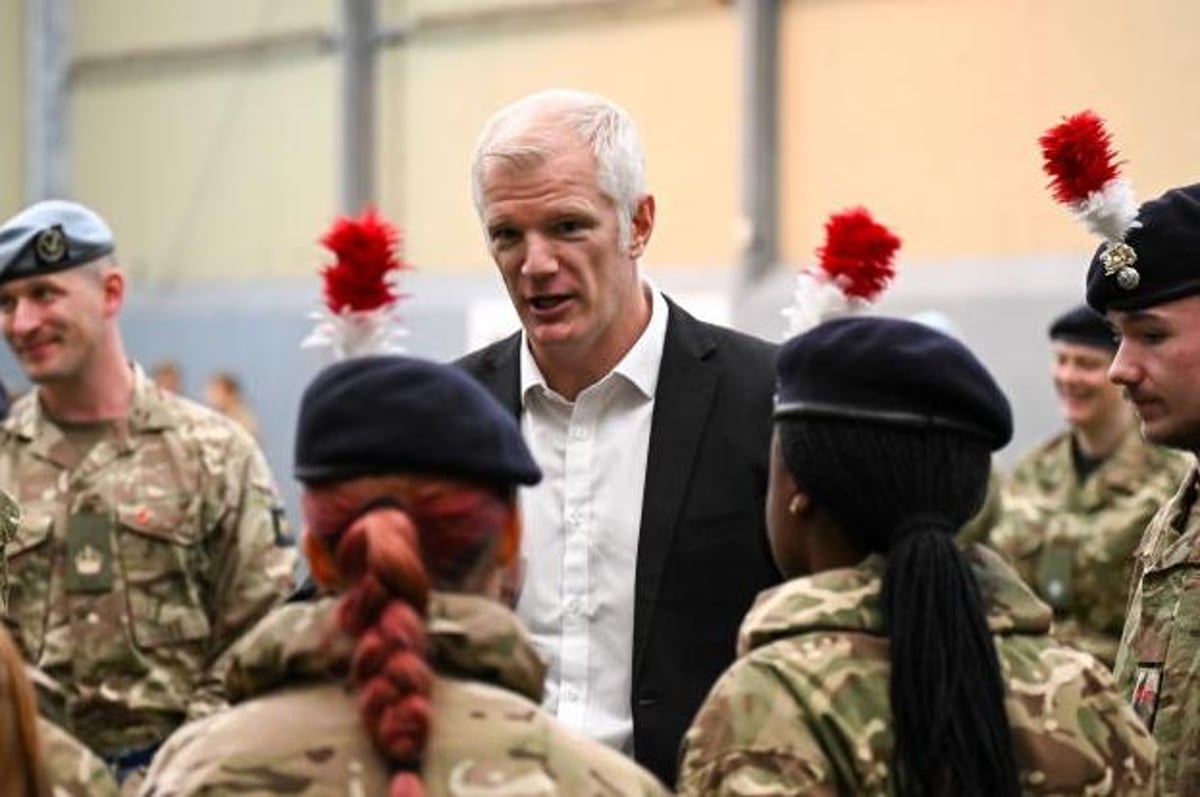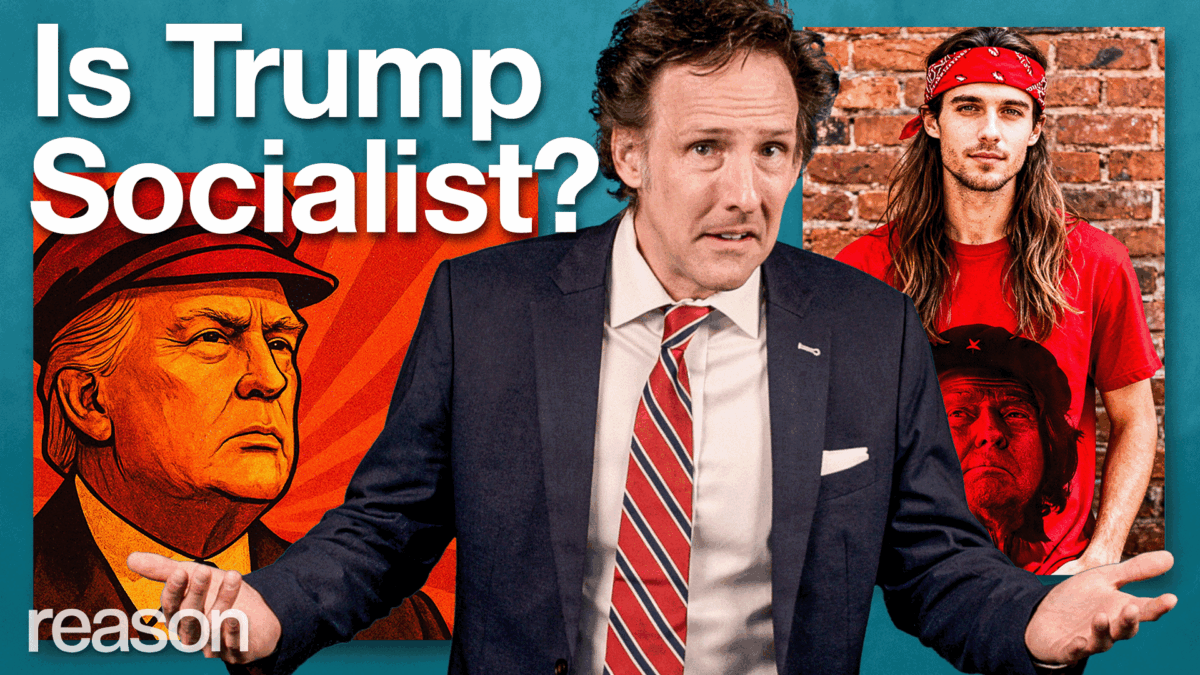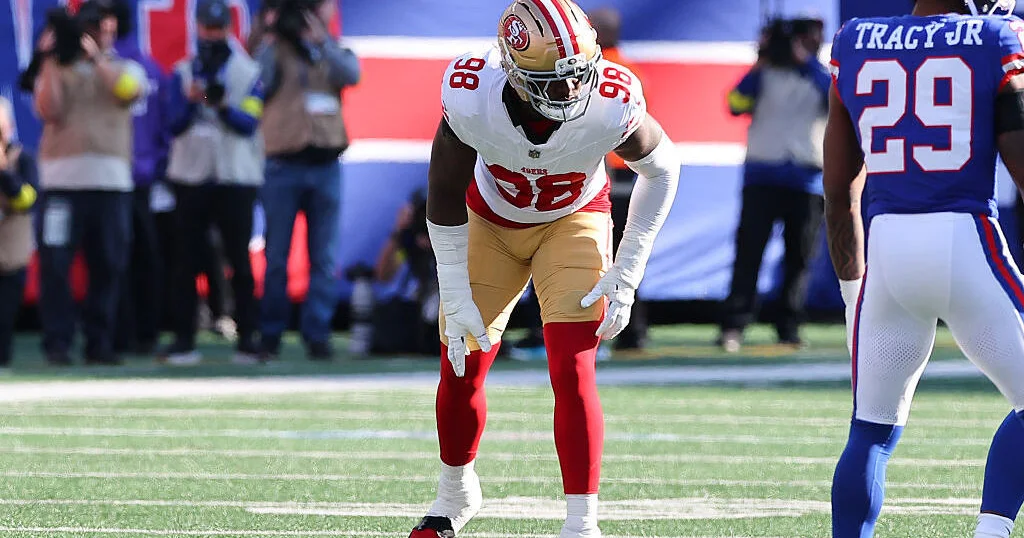Copyright newsletter

Al Carns, himself a former Royal Marine, also told the News Letter of the importance of “avoiding an endless cycle of investigations” into soldiers over Troubles events. Mr Carns was reacting to attacks over the past few days after the government admitted that at least some of the six measures are not exclusive to veterans at all. It raised the possibility that the same “protections” could also be available to paramilitaries too. They form part of the Labour government’s ongoing revamp of the mechanisms for dealing with the legacy of the Troubles – something which chiefly involves transforming the Tories’ Independent Commission for Reconciliation and Information Recovery (ICRIR) into the new Legacy Commission, and restarting mothballed inquests into pre-1998 deaths. The six measures apply to those who would give evidence to the commission or an inquest, and critics have said they do nothing to prevent criminal prosecutions of former soldiers. They were revealed by the government on September 19 in an announcement titled “Six new protections, rights and safeguards for Northern Ireland veterans”. Listed beneath the heading “your protections as a veteran” were the following: Firstly, that "you cannot be forced to travel to or around Northern Ireland to give evidence as a witness to the commission or to an inquest”. Point two was that “the Legacy Commission won’t needlessly duplicate previous investigative work you may have already participated in”. Three was that “your health and well-being will be taken into account”; four was that “you can request anonymity when giving evidence”; and five was “protection from cold calling … you’ll only be contacted through official channels, with MoD support”. Lastly, veterans’ representatives will be among those sitting on the Victims and Survivors Advisory Group “to ensure your perspectives are considered”. Since then, Baroness Anderson of Stoke-on-Trent of the Northern Ireland Office has said that whilst all of these are "to protect and ensure fair treatment of any veteran… measures set out in the legislation, including the right to give evidence remotely and having regard to the welfare of witnesses, will necessarily apply to others”. She added: “This will ensure, for example, that former police officers are able to avail of these measures. “Some other non-legislative measures will apply only to veterans, including the protection from cold calling and the new safeguard that ensures veterans do not have to give unnecessary evidence on historical context and general operational details.” This is a reference to the fact that some of the “six protections” will not actually be written into law; instead they will be non-statutory, making them easier to change or scrap. Now, in a statement to the News Letter, Mr Carns has said: “We promised our veterans who served with honour in Northern Ireland that we would put proper protections in place, and our legislation delivers on that commitment. “After the false promises of the last government, we are putting in place six real, workable protections for veterans that the failed Legacy Act never did. "We will not allow the process, like so many times before, to become the punishment for our veterans. “Having served for 24 years and as a serving reservist myself, I understand the importance of avoiding an endless cycle of investigations. "These robust safeguards will ensure the rights of those who served their nation so honourably are protected whilst providing families with a fair and transparent system to seek answers." It is understood that the government believes it unlikely that paramilitaries will volunteer to give evidence to the commission, so they will not end up benefiting equally from the six measures. Criticism of the six measures had been building ever since Baroness Anderson made her announcement. Legacy campaigner Jeff Dudgeon told the News Letter that the government was being “deceptive”, adding: “The essence of the so-called safeguards is that they relate to persons giving evidence, and not to veterans or anyone else being prosecuted, and it's a little bit of smoke and mirrors because essentially prosecutions will continue as before." Veteran and UUP MLA Doug Beattie said many of the “six protections” were simply things that were already available anyway, like being able to request anonymity, adding “and anything that gives even the mildest protections will be available to everyone including terrorists and perpetrators”. And giving evidence to MPs this week, Northern Ireland Veterans Commissioner David Johnstone said: “One thing is very clear, and veterans are very aware of this: these are not veterans protections. These are not veterans protections in any way, shape or form. "What they are are witness protections that veterans can avail of. I think that is important to say. "And I personally think unfortunately the government, in an attempt to balance much that was seen as negative for veterans in the legacy legislation, they've tried to oversell the protections are somehow specifically for veterans.”



